Occupational Therapy & Sensory Integration Assessments
Tailored Occupational Therapy & Sensory Integration Support for Sensory, Motor & Developmental Needs
At The Cocoon, we specialise in Occupational Therapy & Sensory Integration to support children’s development, emotional regulation, and motor skills.

Occupational Therapy & Sensory Integration Services
- Full Assessment — comprehensive evaluation of sensory, motor, and emotional regulation needs
- DCD (Dyspraxia) Assessments — targeted assessments for Developmental Coordination Disorder
- Adult Assessments — sensory and occupational therapy evaluations tailored for adult needs
- Goal Setting Session — collaborative planning to define therapy goals and priorities
- Additional Services — bespoke support including school visits, consultations, and more
- Updated Report — refreshed documentation to reflect progress and current needs
- Occupational Therapy Intervention Sessions — hands-on therapy to support sensory integration and development
- Review of Goals & Feedback Session — reflective session to assess progress and adjust plans
- Training Packages — professional development for schools, carers, and organisations
Explore Occupational Therapy & Sensory Integration Packages
Whether you’re seeking a full assessment, ongoing therapy, or tailored support for sensory and developmental needs, my packages are designed to meet your goals.
The Cocoon Therapy Space
The Cocoon was created through the collaboration of like-minded Occupational Therapists, working together to design a space where children and families feel safe, supported, and understood. Founded by Laura Elliott and fellow OT Rachel Ineson, the space has been thoughtfully designed using the principles of Ayres Sensory Integration®, with a neuroaffirming, child-led and trauma-informed approach at its heart.
Every element of The Cocoon encourages children and young people to explore, play, and grow in a way that feels meaningful to them. The space can also be used for adult assessments.
Our Space Includes:
- Large movement area with swings and climbing opportunities, perfect for developing gross motor skills, coordination, and balance.
- Cosy regulation nook, offering calming tools and a safe retreat to support bodily regulation.
- Creative craft area for children who enjoy practical, hands-on tasks and fine motor skill development.
- Parent & caregiver space complete with a resource library and coffee machine – a supportive corner for rest, learning, and connection.
- Accessibility features, including a disability-access toilet and portable ramps to ensure wheelchair users feel welcome and included.
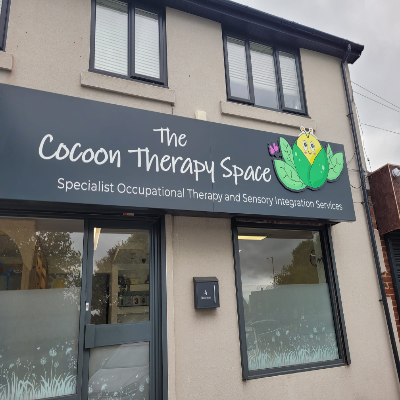
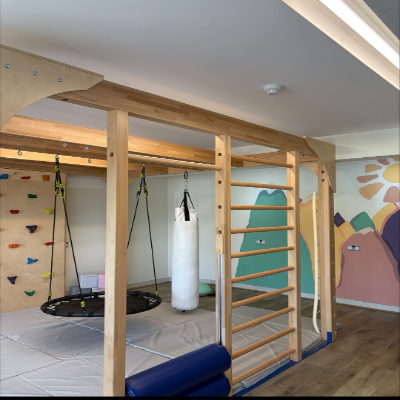
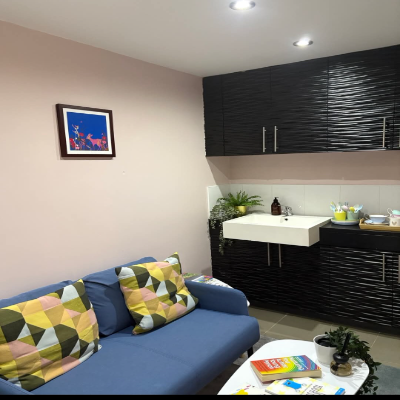
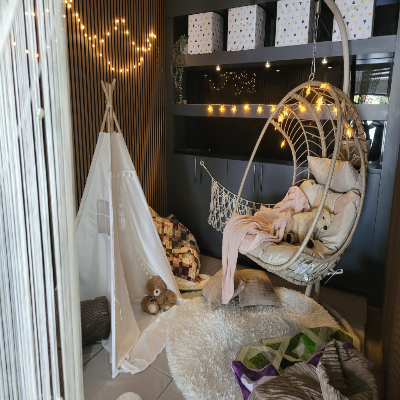
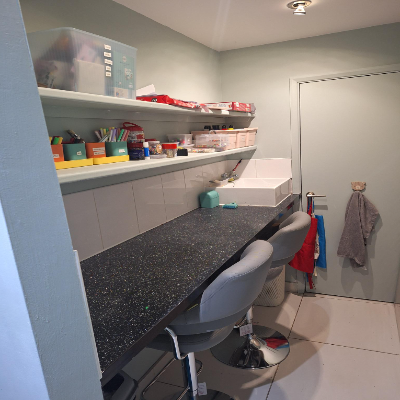
Address
The Cocoon Therapy Space, 4 Beech Road, Framwellgate Moor, Durham, DH1 5JE
Testimonials
Address
The Cocoon Therapy Space, 4 Beech Road, Framwellgate Moor, Durham, DH1 5JE
Contact
Address
The Cocoon Therapy Space, 4 Beech Road, Framwellgate Moor, Durham, DH1 5JE
